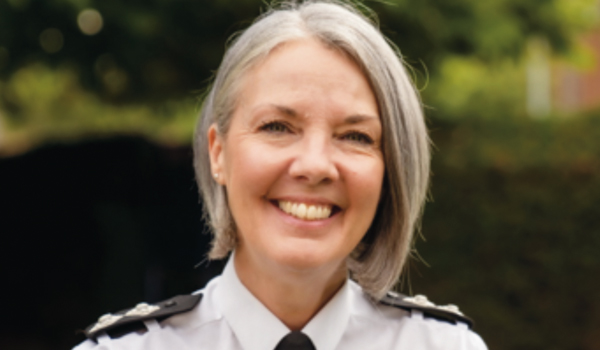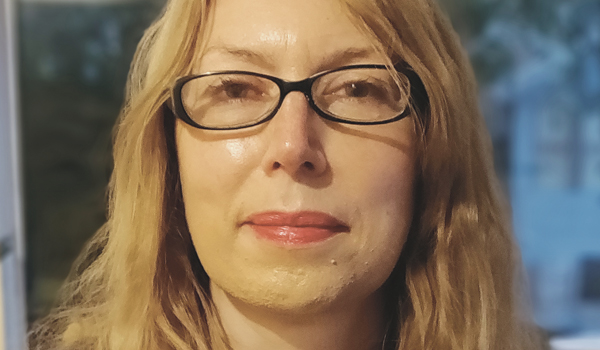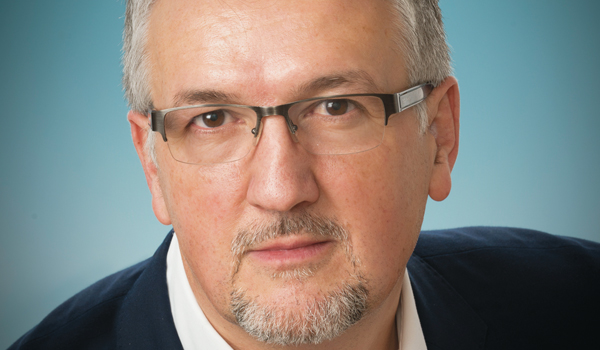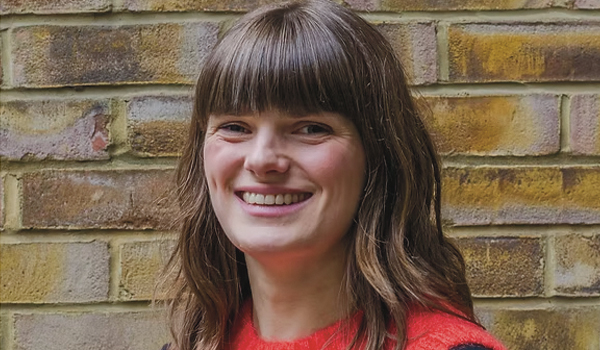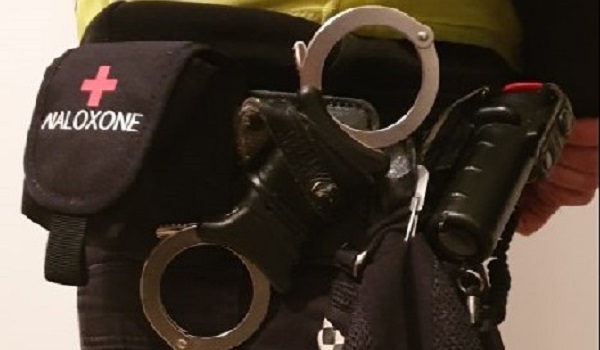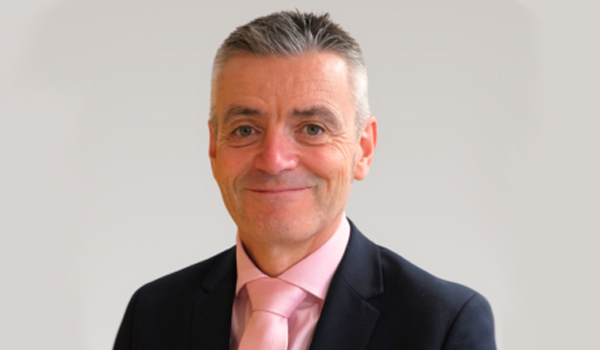Celebrating difference and the diverse contribution of people with disabilities
We interviewed Inspector Tracy Betts, who is hoping to inspire change nationally in her new role as interim president of the Disabled Police Association.
“I feel privileged that people have trusted me with such an important role. It has given me the opportunity to influence people for the good of my policing colleagues nationally and to have a positive impact on policing.
“It is all about celebrating difference. That is the biggest message. Particularly cognitive difference, so, the way we think and learn.
“It is not just about supporting people with a disability or a difference or a difficulty, it is about celebrating the diversity they can bring to our forces.
“People think you have to be registered disabled or you have to have a physical disability but it is anything which impacts on your day-to-day life. And it does not have to be permanent.
“You may be disabled and not realise you are disabled. So it’s about understanding what disability really means and then being able to help yourself, work colleagues, friends and family to be the best you and they can be.
“As a police service, we need to be able to move forward and we need to be able to change policing in the light of the way our communities think and rebuild those relationships that have been damaged in the past few years.
“Our new recruits are more comfortable talking about difference.
“People may come into the force with assessments for autism and dyslexia or they are neuro-divergent in another way, such as ADHD, OCD or Tourette’s. These are things we are understanding about more all the time.
“And that is just ‘invisible disability’, the disabilities people do not see. There are visible disabilities, and sensory impairment as well. But we have people with lived experience throughout the force who are here to help them.
“As a force, we do not get it right all the time but we are committed to being able to change. And that is the wonderful thing – to be able to change and evolve. This is reflected in the fact that Essex Police is now a Disability Confident Leader’.
“The Disabled Police Association has been pivotal in communicating the lived experiences of police officers and staff to the decision-makers, including the Home Office and the National Police Chiefs’ Council. It has made a massive amount of change in the way forces have retained, recruited and developed their people during the past three years of the Police Uplift Programme and I want that to continue.
“We have never had such a good opportunity to change the face of policing nationally.
“It is not just about supporting people with disabilities with reasonable adjustments, it is about understanding what disability means and also ensuring recruitment criteria mean forces attract the most diverse candidates.
“Record numbers of women, black, Asian and minority ethnicities and people with disabilities have applied to join forces over the past year, which shows this work has been effective.
“This is so important because we need to represent the communities we serve. If we do not, they are not going to recognise themselves in the police.
“For example, there are lots of parts of me. I am not just a female police officer, I am a female menopausal disabled police officer. I am a mother and a grandmother and I also follow a faith so I have a number of protected characteristics.
“So when we are looking at our policies and procedures to be able to recruit people, develop them and retain the talent and skills we need as a service, we have got to make sure that we appeal to every part of them.”

